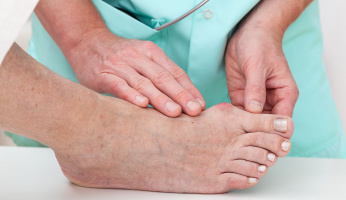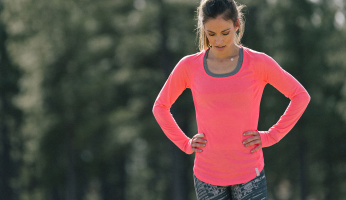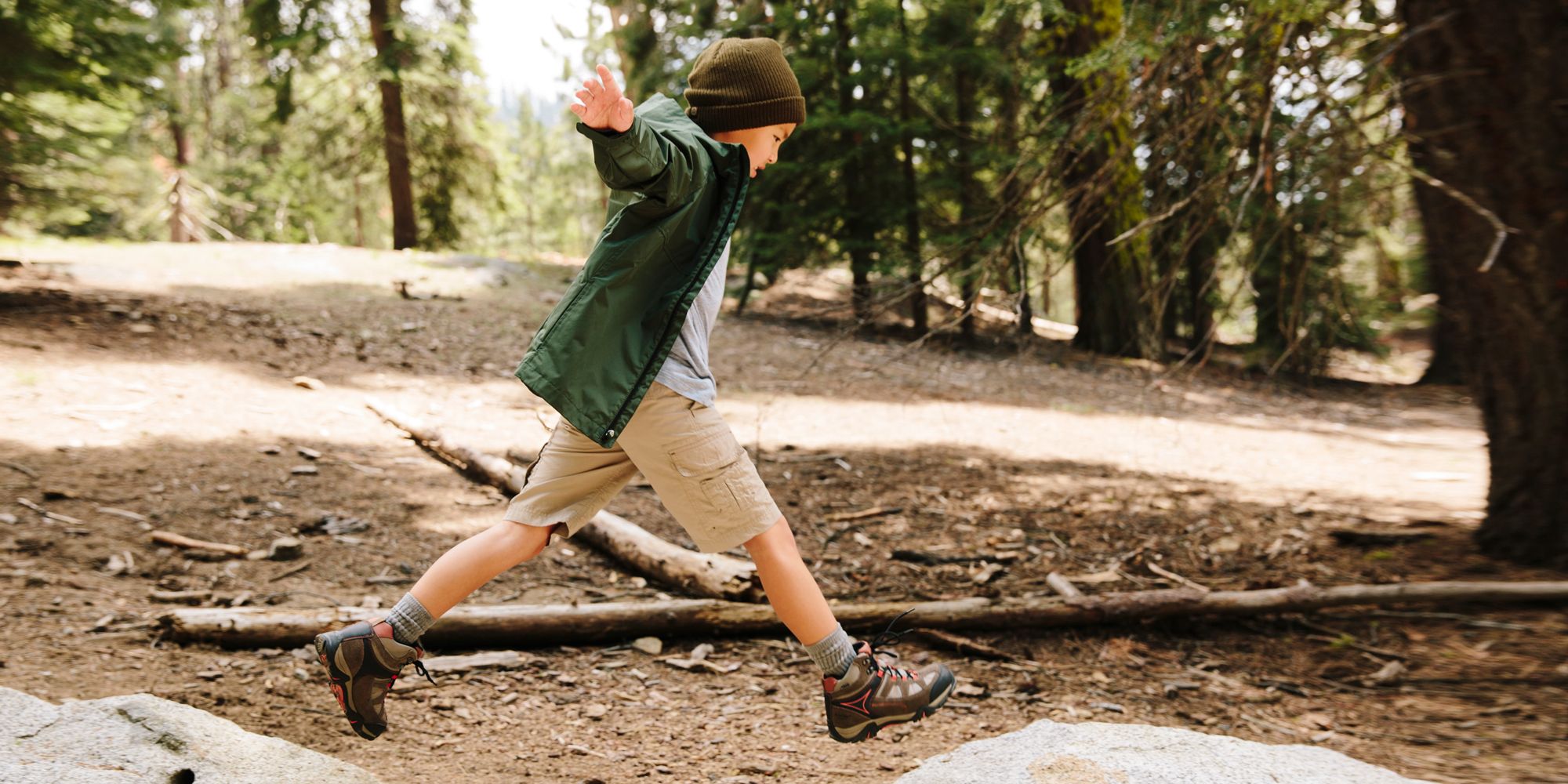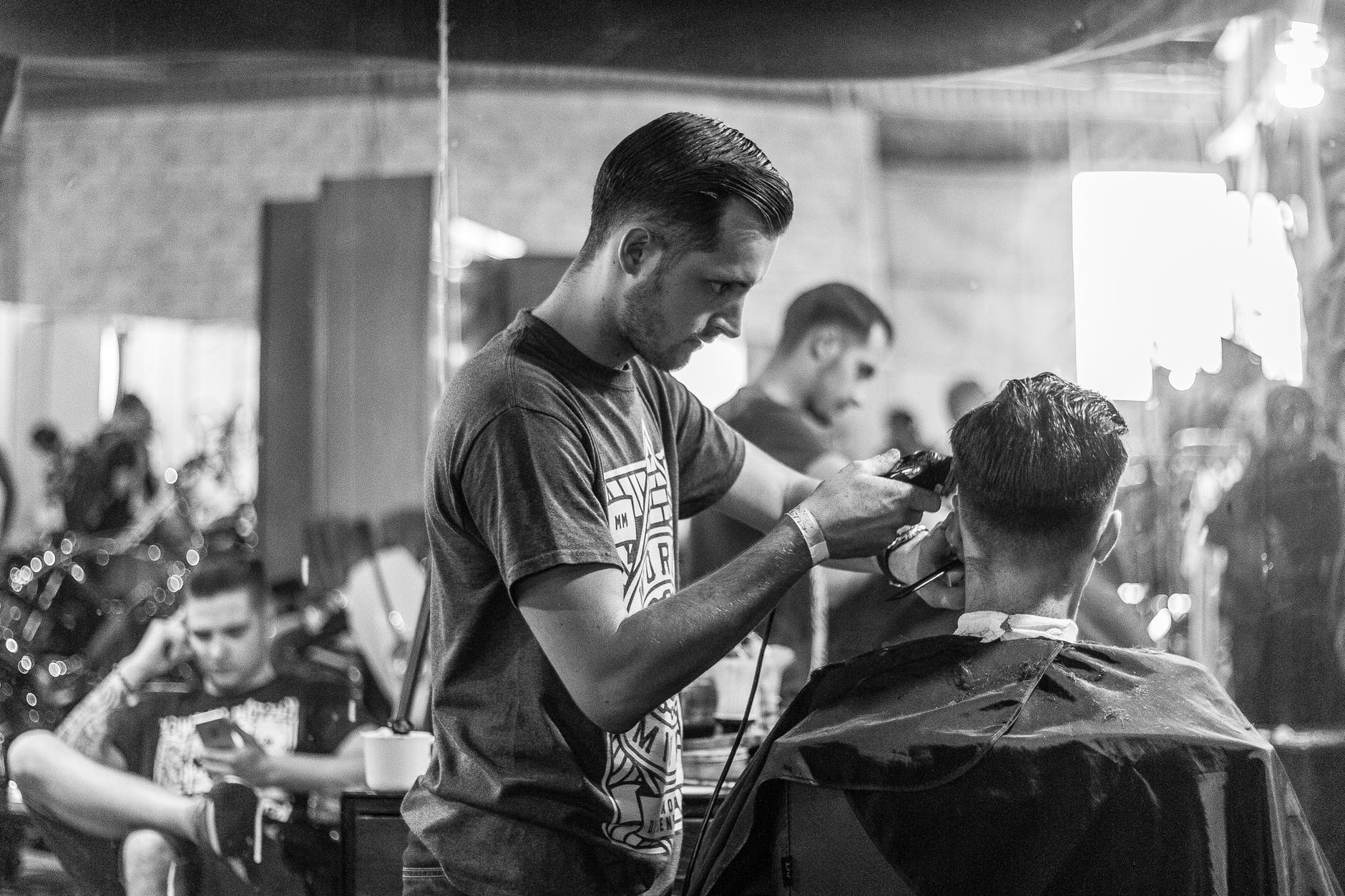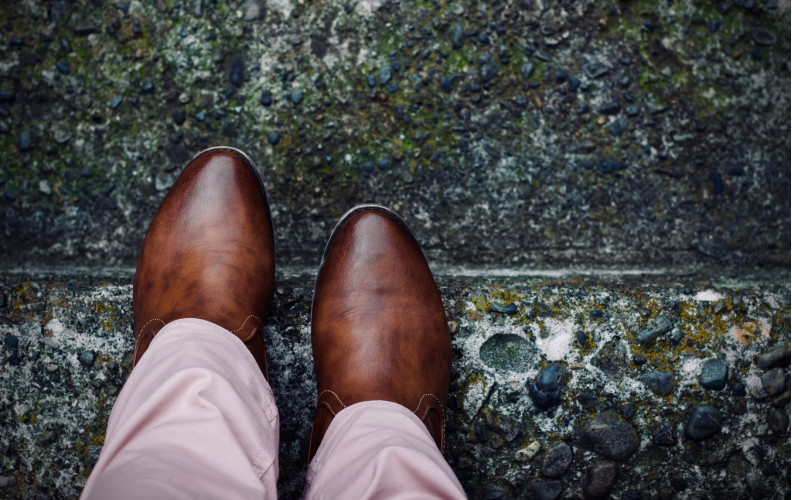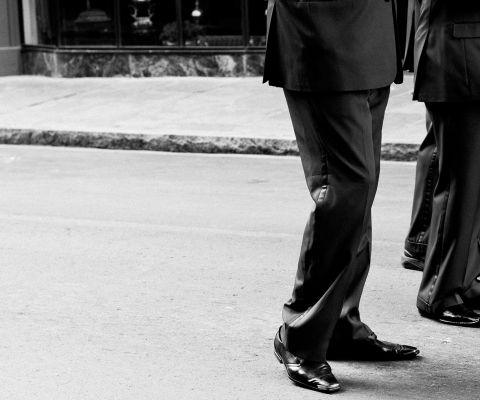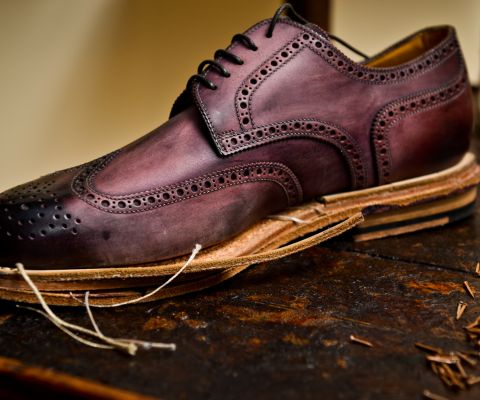Working Out After Covid-19: Here’s What We Learned
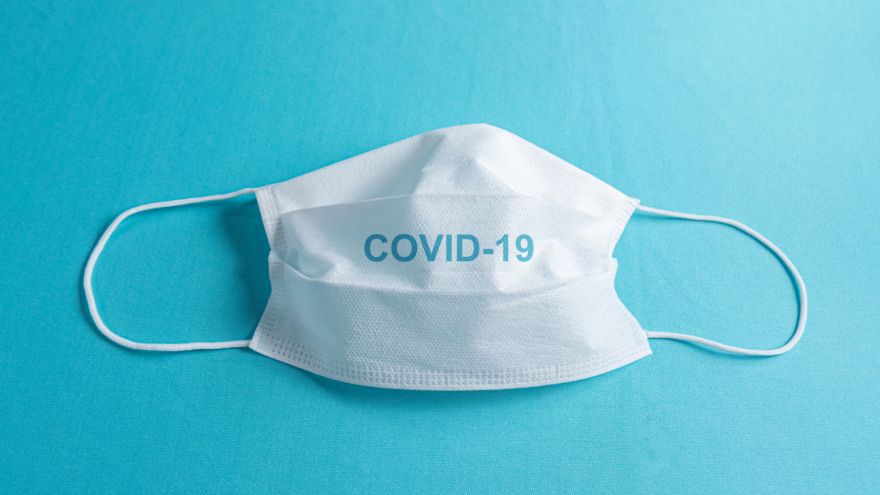 Working Out After Covid-19: Here’s What We Learned www.walkjogrun.net
Working Out After Covid-19: Here’s What We Learned www.walkjogrun.net The Coronavirus has had very different impacts on people. It is almost hard to imagine a virus that one person can carry having no symptoms or adverse affects while another ends up hospitalized and in intensive care, but that is the reality of what we have been experiencing since Covid-19 hit the world.
So You Have Tested Covid Positive
By now, everyone is aware that if you test positive for Covid, you need to quarantine. What many people wonder is what kind of activity is okay if you have tested positive.
If you are asymptomatic, is it safe to get a workout in? Experts weigh in to day that even if you feel perfectly fine, you should avoid any type of vigorous exercise after getting news of a positive test.
If you truly have zero symptoms and feel absolutely wonderful, go ahead and try something you would consider to be moderate physical activity.
If you’re normally an 8 minute mile runner, dial it down to a super easy jog and see how you feel. If you can easily jog a few miles with no ill affects, you can probably continue doing that.
Trying a more taxing workout can trigger your body in a way that lowers your body’s immune response. You don’t want to take a chance that your workout will render you less able to fight the virus. Remember: even a quiet virus can be raging within your body.
Physicians have noted that people with very mild symptoms could actually benefit from light activity such as a walk. Mild respiratory symptoms like cough are those that you could consider very lightly exercising through. Remember, nothing strenuous.
If your symptoms are significant, the best thing for your body is rest, rest, rest.
What About After Quarantine
If your illness was severe enough to have you hospitalized, you need to be working with a healthcare professional prior to resuming any athletic activity. Even if you were not hospitalized, please consider talking to your doctor. I worked closely with mine as I resumed activity.
After your infectious period is over, you still need to be smart and cognizant of what your body is trying to tell you. If you still have symptoms, you need to continue to be careful.
People who experienced shortness of breath, difficulty breathing, deep and persistent coughing and other such issues, may find that those symptoms linger for quite some time.
If you have difficulty breathing while at a state of rest, you are not yet ready to exercise. You also should not exercise with a fever or persistent cough.
My Own Experience with Covid-19
Post Covid, it was actually a little scary getting started. Running after Covid-19 was different than anything I had experienced. But let me back up. I had a solid run on November 5th. Like, a really solid run. I met a friend to run at a local track and we hammered out 5Ks. I was barely breathing heavy and my splits were beautiful. After the 5K, we did some light and slow laps to cool down. The night was perfect.
The following day I didn’t feel great. Not exactly sick.. but not great. Nothing I could put my finger on. I went to work and everything, but I just felt ick. The next morning I woke up feeling terrible and headed to urgent care. A rapid test confirmed it: Covid. I spent the next 5 days in bed: rarely leaving it except when my husband made me get up to eat and sit up to hydrate.
The week after my positive test, I knew I was not ready to run. It was two weeks after that solid run before I got a workout in. November 19th, I went for a walk. It was not even a fast walk. I worked out that way for about a week. Mostly walking with a tiny bit of jogging mixed in.

Having had pneumonia and bronchitis and working my way back from those illnesses, I suspected that doing run/walk intervals would probably be exactly what my body needed. I did those for weeks. Even with the walking mixed in, I noticed that my heart rate was fluctuating wildly.
During a normal, fast 5K my heart rate would average mid 150s pre Covid. After Covid? There were runs where my heart rate would hit the 180s. It felt like my heart was coming out of my chest. I would stop and walk a bit, then resume running. Relatively quickly, the heart rate elevated again.
Oddly enough, the heart rate did not do those crazy things every run. There did not seem to be a rhyme nor reason as to when it would happen.
Note: Due to the odd heart rate issues I was having, I did seek medical attention. After a slightly abnormal EKG, I was told “nothing but walking” until I could get an echocardiogram and exercise stress test. Lucky for me everything came out “A-Ok” and I was quickly cleared to resume activity with a reminder to just slow down if my heart rate got too high. I trained to wear a heart rate monitor for months post covid.
Tips for Exercising After Covid
It is advisable to start out at about 50% of your normal level of activity or perceived exertion. Do this for 5 days or so. If that goes fine, you can try 75% of your norm. After 5 days of that, you may be ready for more normal activity.

Here are some specific things to keep in mind:
Return to Activity Slowly: The first thing my journey should have taught you is to ease back into things.
Monitor Heart Rate: Many physicians, sports medicine specialists and licensed athletic trainers encourage all athletes to wear a heart rate monitor post-Covid and stop or slow down if your heart rate gets too high.
Breathing: If it gets difficult for you to breathe, stop or slow down!
Honor Rest Days: As you recuperate from covid you need to now, more than ever before, honor your rest days.
Alternate Easy & Hard/Moderate Workouts: This one was a key for me. If I ran relatively hard one day, the following day I either walked, cycled or used the elliptical. Alternating my challenging workouts with easier ones helped me keep moving.
Give Yourself Grace
If I could give someone newly diagnosed with Covid advice, it would be to rest, and after resting, to return to activity slowly and gently.
That does not just mean exercise: I am also referring to going back to work and other responsibilities of adulthood.
Giving yourself grace is perhaps the most important thing you can do for yourself.






